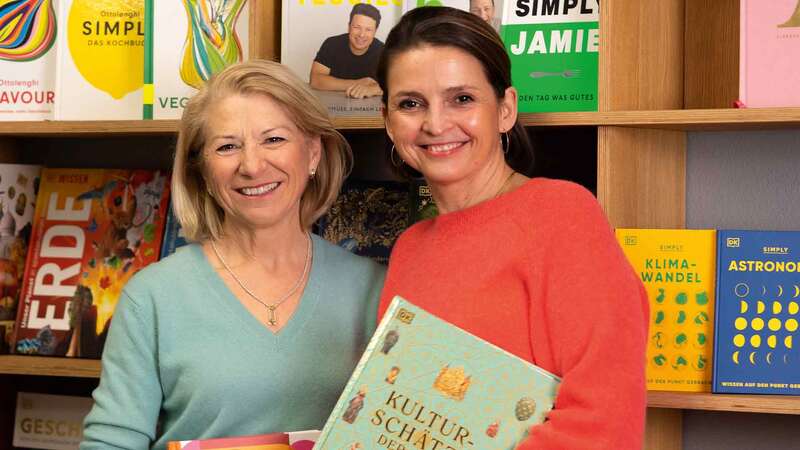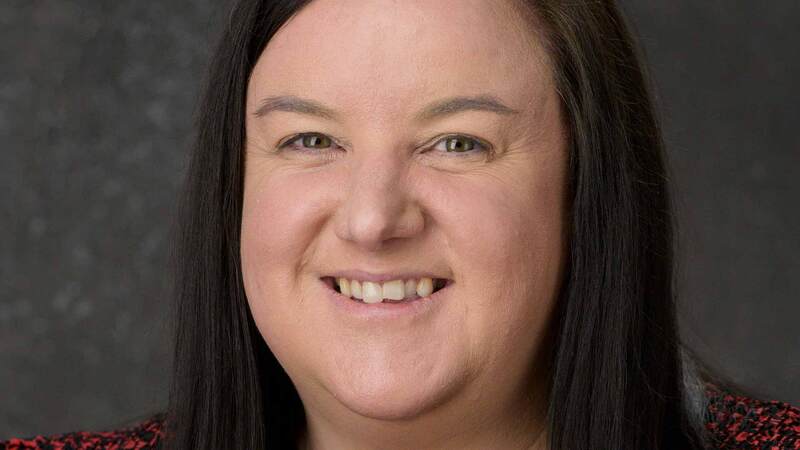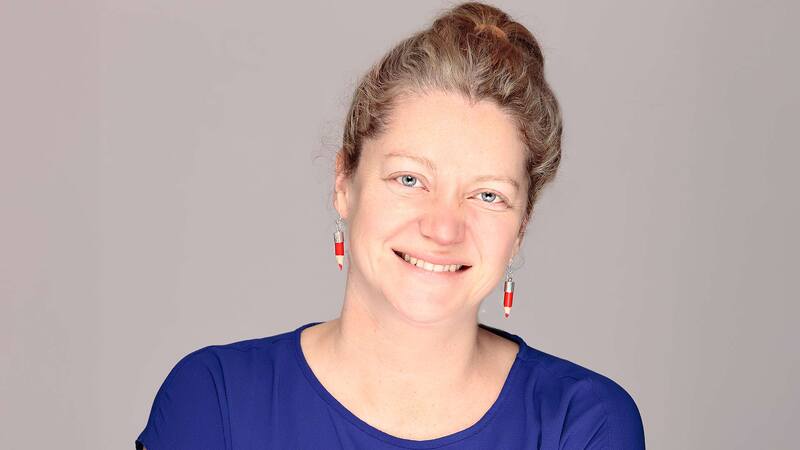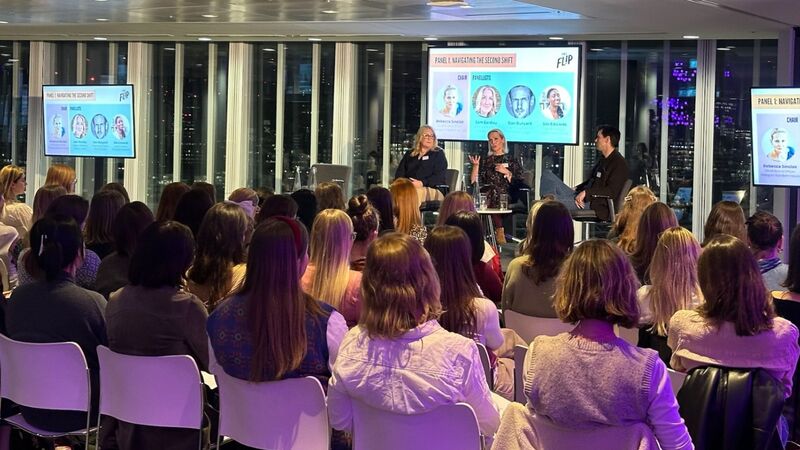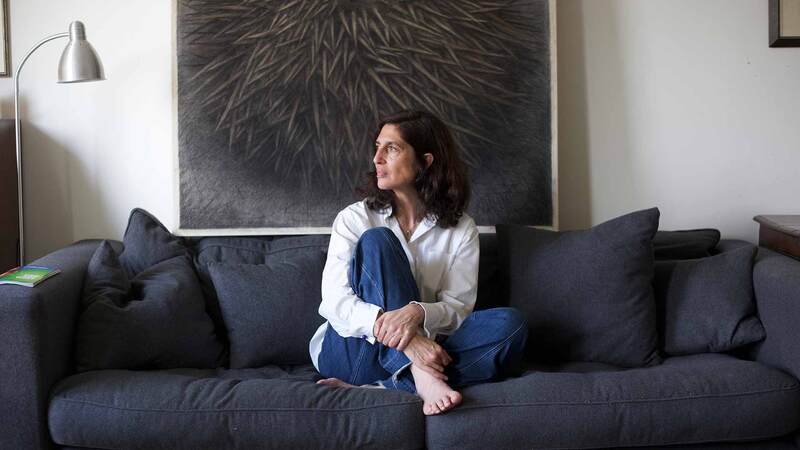You are viewing your 1 free article this month. Login to read more articles.
Publishing can help bridge North-South divide
There is "a lack of awareness within the publishing industry about the rest of the country”, New Writing North c.e.o Claire Malcolm has alleged, whilst making the business case for signing more writers from the north of England.
Malcolm has argued that London’s "publishing elite" should invest in the north’s disadvantaged writers following the UK’s vote to leave the European Union, which would help to boost sales because they are also a "market for books".
She told The Bookseller: "They (northerners) are not knuckle-dragging dimwits; they are people who are evolved in culture and would like to see see culture that more accurately represents their experiences. To me that’s a business case for publishers, just like the debates around diversity. There are consumers out there who are interested in stories about themselves. And you’ve only to look at the success of some of the things you see in other mediums, like BBC 1's "Happy Valley”, and other very strong northern-set dramas attract huge audiences from the region. Literary fiction, commercial fiction isn’t so brilliant on regionalism or a strong sense of place sometimes that’s not London.”
Claire Malcolm, who addressed agents and publishers at an event last week to usher in "more working class voices", told The Bookseller the trade has "real blind spots", identifying a "gap" between writers and literary organisations in the north and the industry that actively needs bridging.
"The idea you can just sit and wait for work to arrive has evidently not worked for people, especially in relation to diversity," said Malcolm. "If that was going to work, then it would have happened by now, and agents would be presenting more diverse writers and publishers would be publishing them, and there wouldn’t be the anxiety that there is in the industry around those debates.
"The job now is to find ways for those people - who feel unconnected to lots of things in terms of national debate and are very, very unconnected from the publishing elite in London, and it is an elite - to bridge those gaps and make those connections.”
The importance of diversity and inclusion has been hammered home by the outcome of the EU referendum, which, according to PRH UK c.e.o. Tom Weldon, "lifted the lid on a divided country". The "ugly" post-Brexit reactions have further convinced him that "we must be tireless in championing as wide a range of voices as possible in both our workforce and the authors and books we publish,” he said.
Nicola Solomon, chair of the Society of Authors, meanwhile, told The Bookseller recently that it was up to publishers to help "heal" society’s divisions, saying the industry needed to "encourage diversity, so that voices from all sectors are heard". She said: "It is clear from the Brexit result that many sectors of Britain feel unrepresented and unheard - we need to encourage and support the authors who can communicate the views and experiences of those sectors."
The EU referendum vote proved for Malcolm the divisions between north and south "we all kind of knew were there", accompanied by "a lot of anger and a lot of resentment and unhappiness". However, she said the issue goes far beyond conversations surrounding diversity, with the root of the problem fundamentally ingrained in class.
"It’s about class and it’s about the way the class system still works in this country," said Malcolm. "I think that underwrites the diversity debate, it underwrites any conversations about north and south: it’s about equality of opportunity. And still, unfortunately in our country, is a lot to do with how you’re brought up and where you come from and what kind of access to social mobility you have.
"Publishing isn’t alone in being what you’d term an 'elite occupation' that is harder for people from working class backgrounds to get into. But it is, by far, one of those very desirable jobs, but also one of those jobs with massive cultural influence, so it is important the people in them are representative."
Spare Room, a project supported by the Publishers Assoication to tackle regional diversity in publishing by offering accommodation to publishing students on work experience, was launched at the end of last month, acknowledging the soaring costs of accomodation in the capital. While Malcolm said the scheme was "to be applauded", she added that it wasn’t "a long term solution" because "it’s not really addressing the fundamental issue.
Stephen Page, c.e.o. Faber spoke at the University of Derby's open day in May that publishing was too "London-centric" and this was a problem that "had to stop", adding the industry is "toe curlingly" white and middle class.





